Weekly Roundup | Science and Space: Top 20 science stories of the week of Dec 9 - 16th, 2016
Although Nature needs thousands or millions of years to create a new species, man needs only a few dozen years to destroy one. - Victor Scheffer
-
-
1 +19y+ ago
A New Approach to Alzheimer’s: Restore Defective Brain Waves
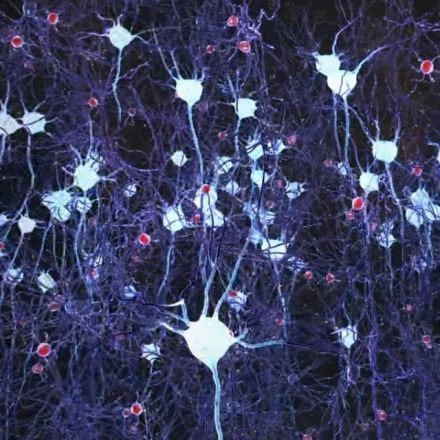
In a completely new approach, scientists reduced a hallmark of the disease in mice by stimulating their neurons with flickering lights.
Continue to source Share Discuss
Submitted on December 9th 2016 by gladsdotter
-
2 +19y+ ago
Scientists reverse ageing in mammals and predict human trials within 10 years
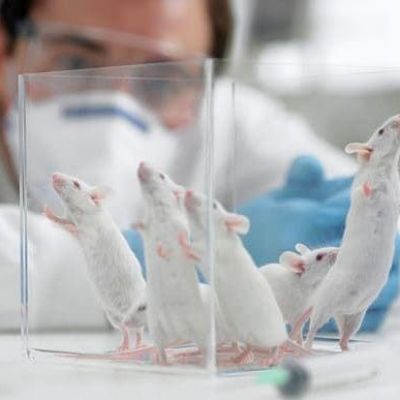
An end to grey hair and crows-feet could be just 10 years away after scientists showed it is possible to reverse ageing in animals.
Continue to source Share Discuss
Submitted on December 15th 2016 by Splitfish with 2 comments and with 1 Related Links:
1. Scientific article: In Vivo Amelioration of Age-Associated Hallmarks by Partial Reprogramming Added by Muffintop on December 16th 2016.
-
3 +19y+ ago
Why are astronomers so desperate to believe in aliens?

Two new books on astrobiology convince Tom Holland that non-specialists are the only sane people on the subject.
Continue to source Share Discuss
Submitted on December 10th 2016 by gladsdotter with 1 comments
-
4 +19y+ ago
A Possible Break in One of Evolution’s Biggest Mysteries
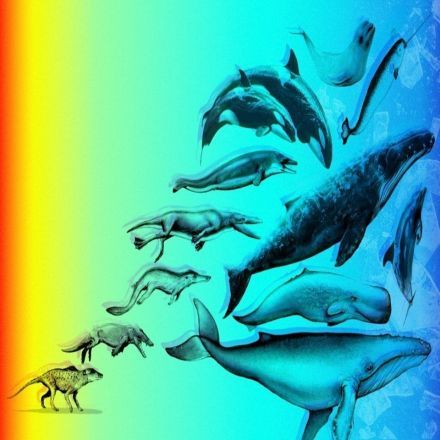
Whales have a history that is among the strangest and least-understood of any animal—and barnacles might be the key to unlocking their secrets. By Peter Brannen.
Continue to source Share Discuss
Submitted on December 15th 2016 by AdelleChattre
-
5 +19y+ ago
The Great A.I. Awakening

How Google used artificial intelligence to transform Google Translate, one of its more popular services — and how machine learning is poised to reinvent computing itself. By Gideon Lewis-Kraus.
Continue to source Share Discuss
Submitted on December 15th 2016 by gladsdotter
-
6 +19y+ ago
The neuroscience of imagination
Imagine, for a second, a duck teaching a French class. A ping-pong match in orbit around a black hole. A dolphin balancing a pineapple. You probably haven’t actually seen any of these things. But you could imagine them instantly. How does your brain produce an image of something you’ve never seen? Andrey Vyshedskiy details the neuroscience of imagination.
Continue to source Share Discuss
Submitted on December 13th 2016 by gladsdotter with 1 comments
-
7 +19y+ ago
Viruses may have evolved to hit men hard but go easy on women
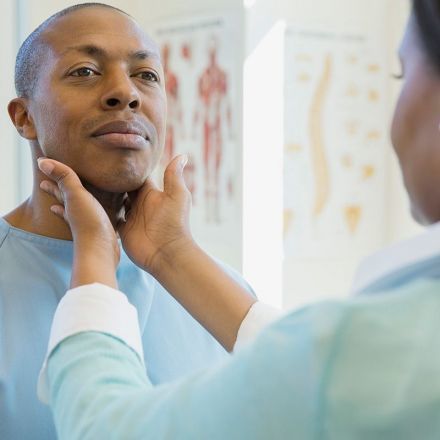
Is man-flu a quirk of viral evolution? Some viruses might cause weaker symptoms in women than in men because it makes them more likely to spread. Many infections cause more severe illness in men than women. Men infected with tuberculosis are 1.5 times more likely to die than women; men infected with human papillomavirus are five times more likely to develop cancer than women; and men infected with Epstein-Barr virus are at least twice as likely to develop Hodgkin’s lymphoma as women.
Continue to source Share Discuss
Submitted on December 13th 2016 by wildcard
-
8 +19y+ ago
Psychosis in Parkinson’s: now we can treat it without making other symptoms worse

Half of people with Parkinson’s disease experience hallucinations, paranoia and delusions. Mary O’Hara reports on a new hope.
Continue to source Share Discuss
Submitted on December 12th 2016 by gladsdotter
-
9 +19y+ ago
Superfast plane could fly from London to New York in 20 minutes using revolutionary engine tech
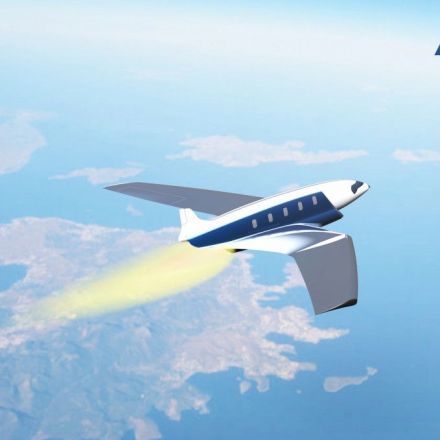
A NEXT-GENERATION jet could take passengers from London to New York in just 20 minutes, according to its creator Canadian designer Charles Bombardier.
Continue to source Share Discuss
Submitted on December 9th 2016 by Appaloosa
-
10 +19y+ ago
One of Saturn’s moons may be our best option for life after Earth

It’s several hundred years into the future. You live in a cold climate, but thick clothing keeps you warm. You eat food from the community greenhouse. Sometimes you even go boating, spending tranquil days under the orange sky. Life is similar in some ways to how it is now. In other ways, it’s very different. For one thing, you can fly. Also — your body is now permanently incapable of adapting to Earth’s atmosphere, and you can never return.
Continue to source Share Discuss
Submitted on December 12th 2016 by funhonestdude with 1 comments
-
11 +19y+ ago
Engineers build refrigerator powered by sound waves

Scientists in Japan have engineered a refrigerator powered by sound waves. The technology isn't new, but the research team's version of the thermoacoustic engine offers two important advantages over its predecessors. The new and improved multistage traveling wave thermoacoustic engine operates at a lower temperature. It is also smaller and more adaptable.
Continue to source Share Discuss
Submitted on December 14th 2016 by ppp
-
12 +19y+ ago
With 21st Century Cures Act, the Future of Regenerative Medicine Is “Inject and See”

How the 21st Century Cures Act is set to shape patients’ access to cellular therapies, for better and for worse. By Megan Molteni. (Dec. 6, 2016)
Continue to source Share Discuss
Submitted on December 14th 2016 by AdelleChattre
-
13 +19y+ ago
Investors Get Ready for the Coming Electric Car Revolution

The car of the future will be electric, connected and, eventually, self-driving. But where does that leave the car industry of the future? In a series of articles this month, Heard on the Street takes a look at how investors should approach the biggest technological disruption the car industry has faced in decades.
Continue to source Share Discuss
Submitted on December 13th 2016 by Nelson
-
14 +19y+ ago
World’s oldest water gets even older
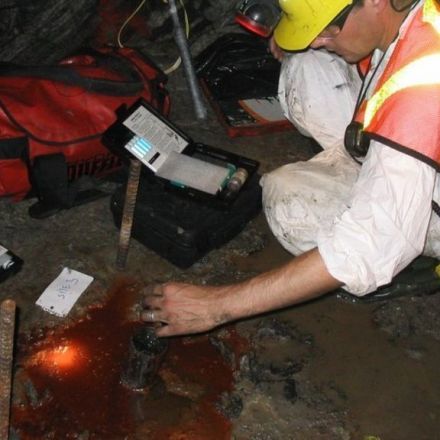
The world’s oldest water, which is locked deep within the Earth’s crust, just got even older. The liquid was discovered deep down in a mine in Canada in 2013 and is about 1.5 billion years old. But now, at the same site, University of Toronto scientists have found a deeper source of water that is at least 500 million years more ancient. The work was presented at the American Geophysical Union Fall Meeting in San Francisco.
Continue to source Share Discuss
Submitted on December 15th 2016 by grandtheftsoul
-
15 +19y+ ago
NASA prepares (yet again) to launch weather satellites from the belly of a plane

NASA's CYGNSS mission, an initiative to send eight small satellites into space on a Pegasus XL rocket, is slated for another takeoff this morning. The launch was originally set for Monday but was...
Continue to source Share Discuss
Submitted on December 15th 2016 by Improbability
-
16 +19y+ ago
The Silencing of a Low-Carb Rebel

South African physician Tim Noakes, one of the world’s greatest sports scientists, has been preaching an ultra-low-carb, high-fat diet as the key to fitness and health. His ideas have made him a bestselling guru, but now his critics are pushing back—and as Bill Gifford reports, they’re putting his theories on trial.
Continue to source Share Discuss
Submitted on December 15th 2016 by gladsdotter
-
17 +19y+ ago
Robots Have Learned to Pool Their Experience to Acquire Basic Motor Skills
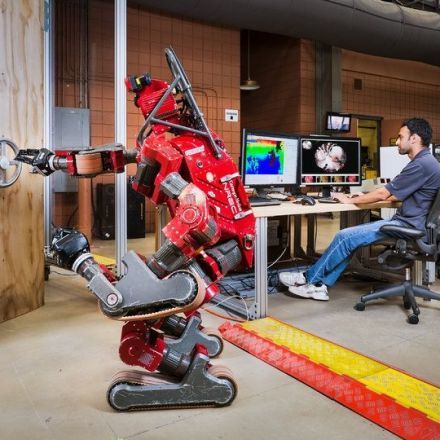
Robots, for all their helpfulness in performing tasks that we would rather not do (usually because those tasks are dangerous or boring), first need to be coded in order to do the work. These specific sets of commands tell the machines what exactly they need to do and define how to do it. While robots can be coded to acquire knowledge for themselves through machine learning, it would take far too long for a single robot to acquire enough experience to actually be helpful with many complex real-world tasks. To address this, several studies have explored...
Continue to source Share Discuss
Submitted on December 10th 2016 by Apolatia
-
18 +19y+ ago
Inside Exxon’s Great Climate Cover-Up

From Early Climate Change Researcher to Epic Climate Denier.
Continue to source Share Discuss
Submitted on December 14th 2016 by AdelleChattre
-
19 +19y+ ago
A Voyage in the Clouds: The Heartening Illustrated Story of the First International Flight in 1785
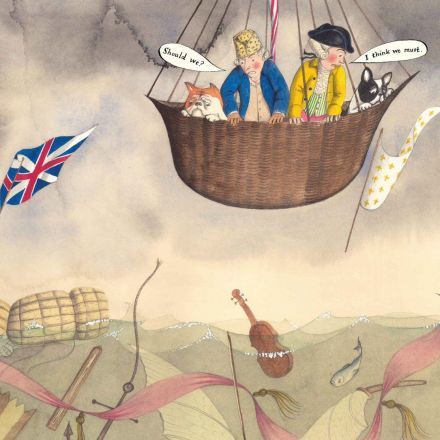
How a Frenchman, an Englishman, a French bulldog named Henri, and an English bulldog named Henry overcame their differences to conquer the skies.
Continue to source Share Discuss
Submitted on December 9th 2016 by gladsdotter
-
20 +19y+ ago
How Worrying Can Actually Make You Sick -- Hypochondriacs Have a Higher Risk of Heart Disease

It really can hurt your health... Some people—even those who are strong and healthy—are totally convinced that disease is just around the corner. An estimated 5-10% of people have health anxiety, meaning they’re obsessed with thoughts of having, getting or dodging illness. Now, a new study published in the journal BMJ Open shows that this type of worry, ironically, is linked to a 70% higher risk of heart disease.
Continue to source Share Discuss
Submitted on December 12th 2016 by geoleo
-
-
Here are this week's top five Science & Space tribes:
/t/research 153 posts, 55 comments, 705 votes.
/t/science 89 posts, 37 comments, 453 votes.
/t/neuroscience 55 posts, 20 comments, 290 votes.
/t/futurism 10 posts, 52 comments, 250 votes.
/t/evolution 10 posts, 3 comments, 54 votes.
Note: Tribes can only be featured once every four weeks. Validate your tribe to be included on this list!
-
Other useful links:
You can follow us at @Snapzu_Science on Twitter to get more great posts live as they happen. We're also active on Wordpress, Blogger/Blogspot, and Medium, so be sure to connect with us!
Run a blog? Get more audience, engagement, content, and/or revenue with your own embeddable community from Snapzu that will allow your blog to thrive like never before! Check out our Blog Enhancement Suite for more details.
For more lists like this, across all our categories, check out the /t/bestofsnapzu tribe!
See you next week!
Editor's Note: All links featured above are curated from a list of the highest voted posts submitted by members of our communities. If you would like to participate with others like yourself, be sure to request an invite!





















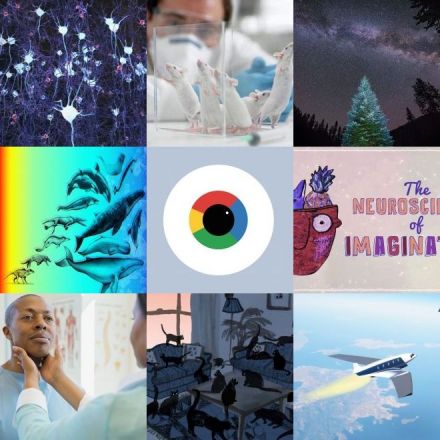


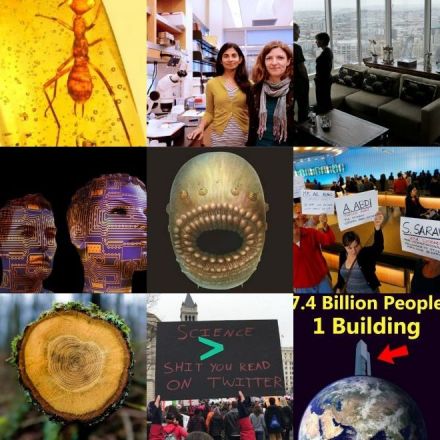
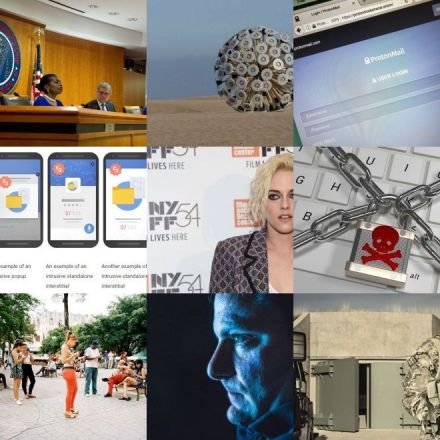
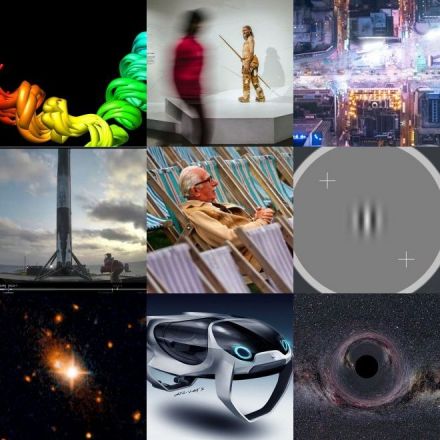
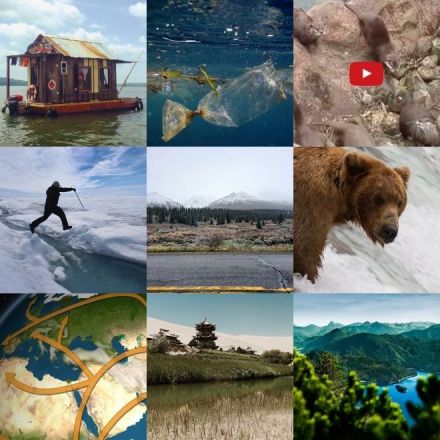

Join the Discussion